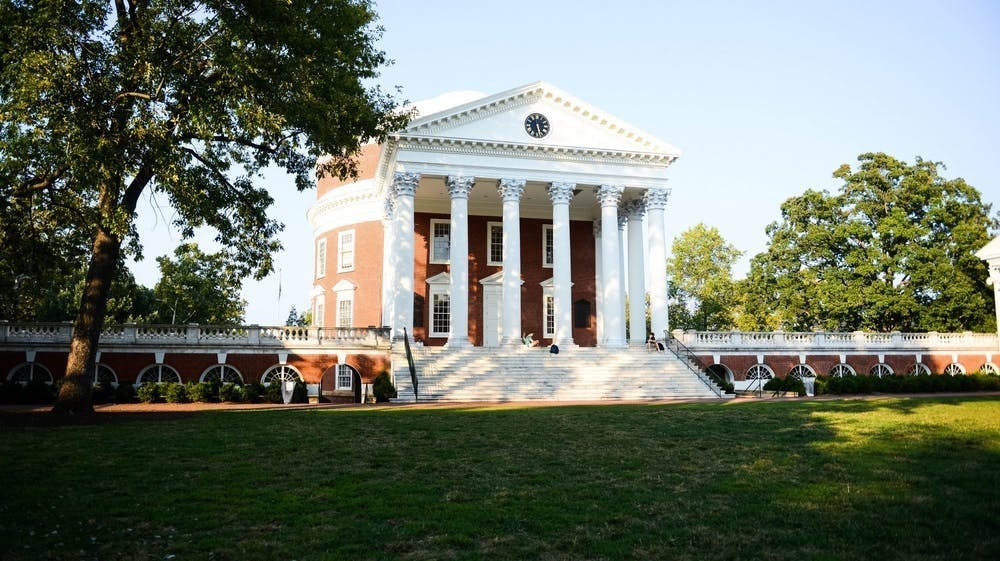For generations, Americans have been told that a college degree is the ticket to a better life. However, college tuition and student debt have risen considerably over the last few decades, making that goal increasingly unattainable. The Starbucks barista that has a master’s degree isn’t a lone anecdotal tale, but a terrible statistic that encompassses thousands of Americans. To help them, we must privatize public universities and cease federal student aid.
First and foremost, one must understand that federal government loans are essentially a subsidy. Wherever you subsidize a good or service, you distort the natural market forces and create moral hazard, wherein students are insulated from the consequences of their actions. Some majors simply have better job prospects than others and haphazardly awarding Pell Grants and Parent Loan for Undergraduate Students (PLUS) loans falsely indicates to students that all of these choices are equally usable. By reintroducing risk into the decision making process, individuals would be better able to make prudent cost-benefit analyses.
Presently not only are young teenagers saddled with thousands of dollars of crippling debt at a young age, they are also misled with unrealistic expectations about their future earning potential. With privatization, someone with a high-paying major would likely have no trouble obtaining private loans from those who see a safe return on their investment. Conversely, that same person would probably have more difficulty getting a loan to study a major with lower prospects. Those who desire to study out of passion still have that opportunity under this proposal, but they would now have to secure funding by paying it for themselves or by convincing another party to willingly finance their education. Because those with a lesser need to get an education would have a harder time obtaining funding, universities would have a reduced ability to charge high prices. Universities would then become more affordable for necessary jobs that require degrees, and there would be fewer people left post-graduation jobless and in debt.
A key advantage of privatization is that because the government does not foot the bill, individuals get to follow their dreams and make their own choices. This is not the norm in parts of Europe, for example — where the government pays for educational expenses and accordingly gets to set restrictions on who can go to university and for how long. Currently, federal subsidies and cancellation of student debt are effectively a wealth transfer from those who did not go to college to those that did. However, a free market in education would lack the coercive power of government and would accordingly be characterized by consensual and voluntary transactions. The consequences and rewards would belong to the individual, and choice would always be the determining factor in what path one chooses to pursue.
Universities charge high prices for the same reason that textbook publishers get away with selling expensive new editions that are nearly identical to the last — because they can. They know that students will be able to secure government aid to pay for any price they ask. The winners are universities like U.Va., which have made so much money off of bloated government aid that they have seemingly evolved into mini-states. Complete with their own dining facilities, police force and massive athletics programs, they strive to be vehicles for social and political change. The losers are students, who are burdened by needless student debt and have to spend years completing arbitrary gen-ed requirements that have no relation to their career. These excesses have become painfully normalized, but market competition in education would return universities to their correct and proper role — education.
Private universities have to compete, while public ones do not. At the risk of losing out on the business of prospective students, universities under capitalism would be forced to become more affordable for those who actually need it. Poorly-run universities would go under unless they reduced waste and tuition enough to make their degree worthwhile. Without the market acting as a neutral arbiter of which decisions are rewarded through monetary incentive, the only factor that decides behavior is one’s own arbitrary measure of what is “good”. While privatization is not a silver bullet that will turn the DeVrys into the Harvards, market forces ensure that the decisions of universities and students alike are held accountable to reality.
Most people believe in the Human Capital Theory of Education, which maintains that education provides intangible benefits to society that make it worthwhile beyond merely fulfilling the needs of the labor market. The fact that 41 percent of degree holders work jobs that don’t require a diploma and only 27 percent of college graduates work in a job related to their degree gives credence to the theory that higher education in today’s world mostly acts as a wasteful signifier of one’s potential. This explains why college degrees are losing their value, why so many people don’t actually use their degrees and why the solution is to remove the ability of universities to charge artificially high rates by letting the market filter out unnecessary knowledge. Education is too valuable to entrust it to the government — therefore, this is an important step in establishing a separation of school and state.
Apurva Shrestha is a Viewpoint Writer for The Cavalier Daily. He can be reached at opinion@cavalierdaily.com.
Views expressed are of the individual only and not those of the DoD or the Army. Columns represent the views of the authors alone and are not necessarily those of The Cavalier Daily.
Correction: A previous version of this column stated that "27 percent of college graduates work in a job entirely unrelated to their degree." It has since been updated to reflect that 27 percent of college graduates work in a job related to their college degree.







